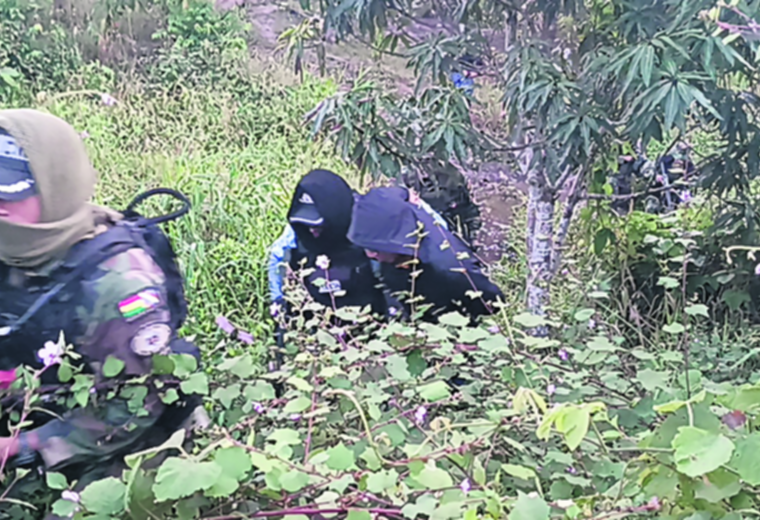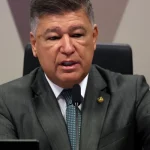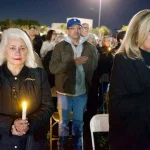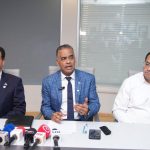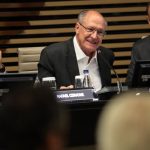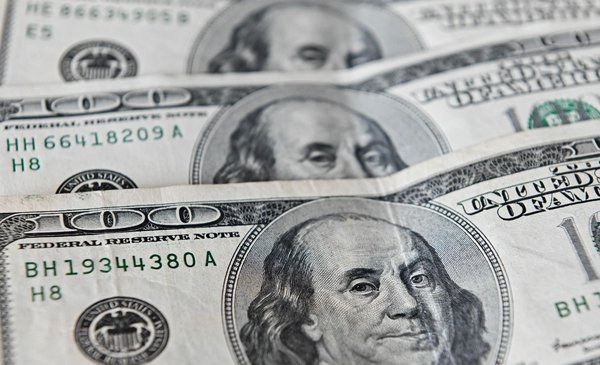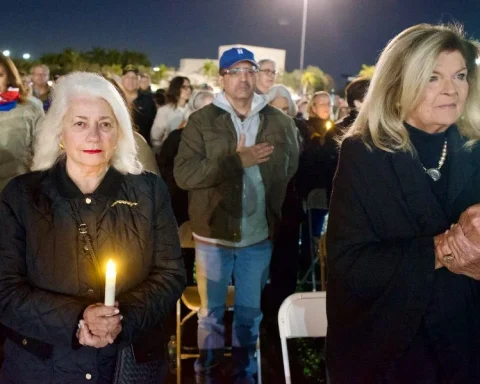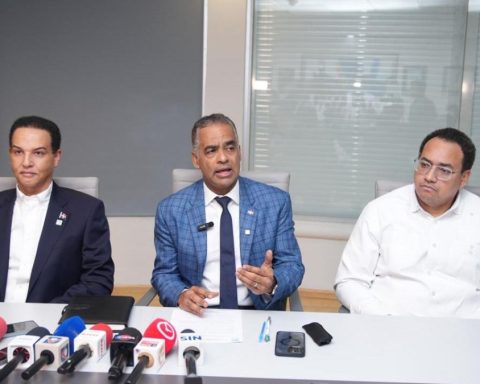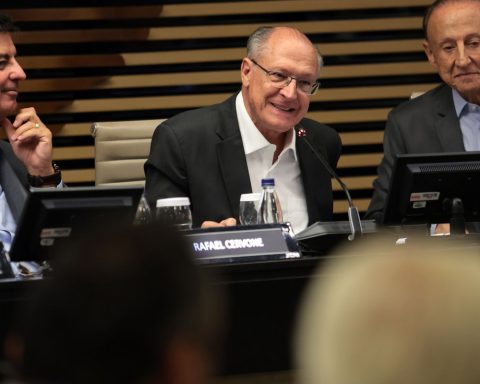May 22, 2023, 7:36 AM
May 22, 2023, 7:36 AM
The drug trafficking business worsens and brings disastrous consequences for the country. A police operation carried out in Europe and Latin America evidences the exchange of cocaine for large-caliber weapons in which Bolivia is involved. Experts say that this causes violence to multiply with kidnappings, reckoning and murders in the national territory.
Arms trafficking from Pakistan to Brazil represents an absolutely new and unprecedented route for Latin America. This is what emerges from the Eureka operation, coordinated by Europol, the European police agency, reported Infobae. An international network of the ‘Ndrangheta in Germany, Italy, France, Portugal, Slovenia, Spain, Romania, Brazil and Panama. 132 arrests, 15 of them in Italy.
The ‘Ndrangheta is one of the most important mafias in the world, controls almost all cocaine trafficking in Europe and bills at least 70,000 million dollars a year. It has intermediaries throughout Latin America to buy drugs at the best price and in cash.
The network discovered by Europol was run by some “ndranghetista” families of San Luca, an Italian town in the province of Reggio Calabria, known for a violent feud between mafia families that led to massacres like the one in Duisburg, Germany, in 2007.
Among the Italians arrested for drug trafficking in the Eureka operation is the Calabrian Pietro Fotia, a resident of Savona, in northern Italy. According to Italian Anti-Mafia Investigative Directorate (DIA)Fotia collaborated with Rocco Morabito, known as Tamunga, one of the most important cocaine intermediaries of the ‘Ndrangheta in Latin America.
Arrested in Uruguay in 2017 after 23 years on the run, Morabito escaped from Montevideo prison again in 2019 to be arrested in Brazil in 2021 and extradited to Italy in 2022. Arms trafficking between Brazil and Pakistan, with the mediation of the Italian ‘Ndrangheta, would have started between 2019 and 2021; that is, during his last period on the run in Brazil.
While Morabito had important contacts with the main Brazilian criminal groups, from the Command Vermelho (CV) to the First Command of the Capital (PCC) Fotia, according to the DIA, was the liaison with Pakistan.
Both Brazilian mafias have a history in Bolivia. The expert on coca and drug trafficking issues, Franklin Alcaraz, opined that “this has evolved since 1980. There are Brazilian cartels, such as the Comando Vermelho and the PCC, which were already sending emissaries to Bolivia at that time because drug trafficking was beginning to grow. They made contacts with mafias in our country to start a business and a reality that today is unstoppable”.
He appealed to a report from the Peruvian Police and the US DEA to affirm that in Bolivia there are 10 to 12 international groups, cartels that operate. Among them he listed the Mexicans from Sinaloa and Jalisco Nueva Generación; from Colombia, the one from Medellín and the one from Norte del Valle, which had a close relationship with the FARC; obviously the PCC and the Comando Vermelho. To this panorama, he added the Calabrian Ndrangheta, “which is an extremely dangerous dark organization that was born in Europe, in the Balkan region. He has a group called América, which works in Bolivia in trafficking, although he was born with the arms business.
Now it turns out that the European mafia sends Kalashnikovs from China and Eastern Europe to legally enter the United States, where there is also local production, and from there by ship or plane they arrived in Chile, Bolivia and Paraguay to later enter Brazil illegally. The other route indicated by the report departed directly from the United States.
Bolivia is the main and most direct supplier of cocaine to Brazil, due to the long border. This discovery confirms that drugs and weapons leave from border points in Pando, Beni and Santa Cruz, towards the neighboring country.
Lto criminologist Gabriela Reyes, adds the fact that those who receive the weapons of the European mafias are the PCC and Vermelho antagonistic criminal groups that are in constant struggle to gain territory.
“That is why we see so many reckonings in San Matías, Puerto Quijarro, because there is a fight for territory between factions of both groups.
He recalled that in September 2022, the Brazilian Flavio Junior de Almeida was riddled with bullets before entering his home in Santa Cruz. The hitmen fired at least 38 times from a 9-millimeter weapon to ensure the death of the victim and then fled. De Almeida was accompanied at the time by Marcio Rabello, alias ‘Franguinho’, who survived the attack.
According to investigations, Rabello was an accomplice in the murder. This subject, according to the Brazilian Federal PoliceHe is a member of the PCC.
Those reckonings are not resolved. “Rabello had already been arrested before, and they released him.”
Other background
Three kidnappings have been recorded in recent weeks in the Cochabamba and Santa Cruz tropics.
Michael A. was rescued on May 2 after being held captive for 57 hours. He was in his parents’ business in Lauca Eñe, a bar, and five armed hooded men They broke into the place and took him away.
The young man has a history of assault and possession of weapons.
Second, a 43-year-old man, identified as Hernán Siancas Guzmán, was in the town of Choré, Yapacaní, on Monday, May 8, when he was kidnapped by armed individuals, a fact that was recorded by surveillance cameras. The captors sent photographs and audio of the victim asking that they get the money for his ransom. The police announced the imprisonment of the alleged authors, but did not find the man, who would have been transferred to Peru. Other versions indicate that they killed him.
Last week a father, his son and a worker were rescued after several hours of kidnapping, in which the captors asked for $100,000. The family has a history of drug trafficking.
The girl Yhurayma (7 years old) was kidnapped in April by an aunt in Yungas, La Paz, and later murdered.
Elizabeth Mamani Calle, sentenced to 30 years in prison for the infanticide, denounced that the family of the girl would be related to drug trafficking.
Gabriela Reyes assures that all these events are related to drug trafficking, and denounced that the Government not only does not investigate, but it gives protection to the mafias that operate in the country.
In the last few hours, the government, Eduardo del Castillo, announced that seven crystallization laboratories and 27 cocaine base paste factories were eliminated in the Tropic of Cochabamba. However, he insists that there are no cartels operating in the country.
